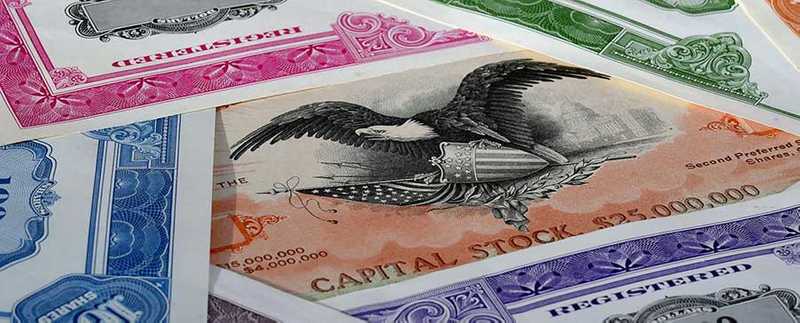1. Paper (Materialised) Shares
The starting point here is Part 8 of the Companies Act 2006, entitled "A company's members".
Section 113 of the 2006 Act requires "ever company [to] keep a register of its members", which lists members' names and addresses, the dates on which they became and ceased to be a member, and the number of shares held.
The default rule is that such shares are evidenced by paper share certificates, which (according to s. 768(1) of the 2006 Act) is prima facie evidence of a person's title to the shares.
Moreover, where paper based share certificates are used, a company cannot register a transfer of shares unless a proper instrument of transfer has been delivered to it: see s. 770 of the 2006 Act.
That instrument of transfer is called a "Stock Transfer Form", an example of which can be found here. It must be accompanied by original share certificates for enough shares to cover the transfer.
So the first tip, if you know that a respondent to a freezing order is registered on a share register maintained by a company as the owner of shares, is to serve the freezing order on the company. To err on the safe side, it should be served on the company secretary and all directors (assuming that there are a relatively limited number of them).
But there is an important second point. Most companies outsource the job of keeping their register of members to a third party registrar. So you need to work out if the company in question has such a registrar, and serve the freezing order on the registrar too.
2. Electronic (Dematerialised) Shares
Trading shares would be very difficult if, every time you wanted to buy or sell a share, you had to complete a stock transfer form and send it to a company together with the original share certificate.
And so dematerialised shares, registered in an electronic database, are used for publicly quoted companies. In the UK the system is called CREST, which stands for Certificateless Registry for Electronic Share Transfer, and it is run by Euroclear UK & International Limited.
As of August 2020, there were over 6.6 trillion shares held on CREST, with a value of over £5 trillion.
CREST accounts
Most CREST accounts are held by banks, brokers and other financial institutions.
Some individuals hold CREST accounts. But only a few - the current number is about 4,200 individuals, down from about 50,000 individuals in 2003. As of April 2018, only £1.3 billion worth of shares was held via individual CREST accounts.
But, just in case your freezing order respondent holds such an account, you should send your freezing order to Euroclear in any event.





